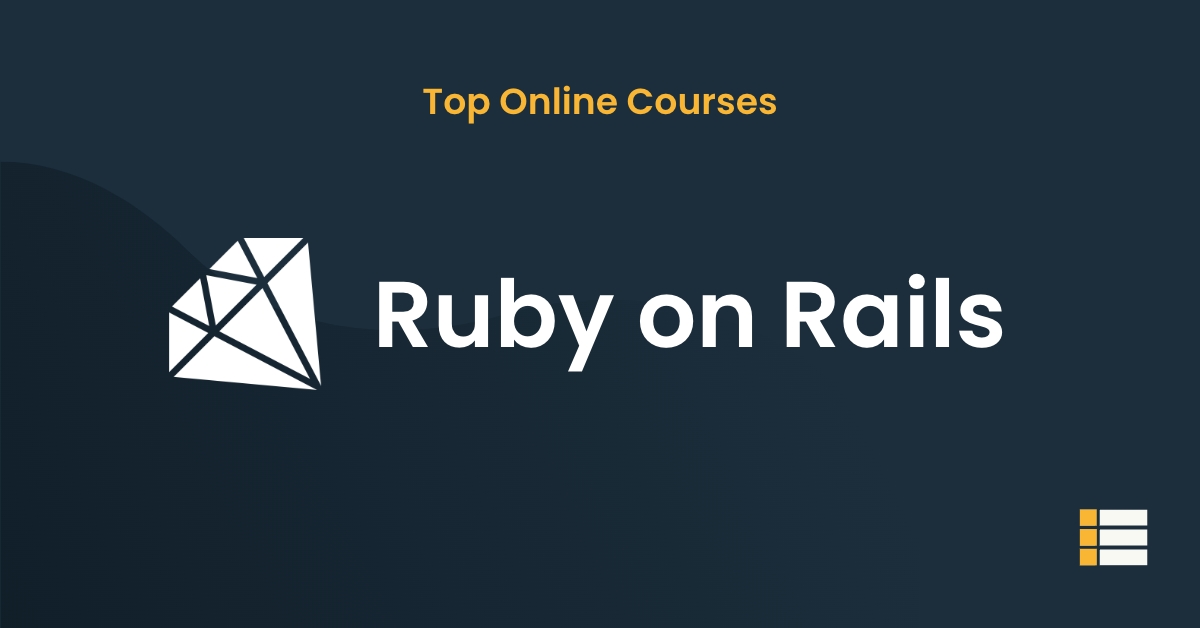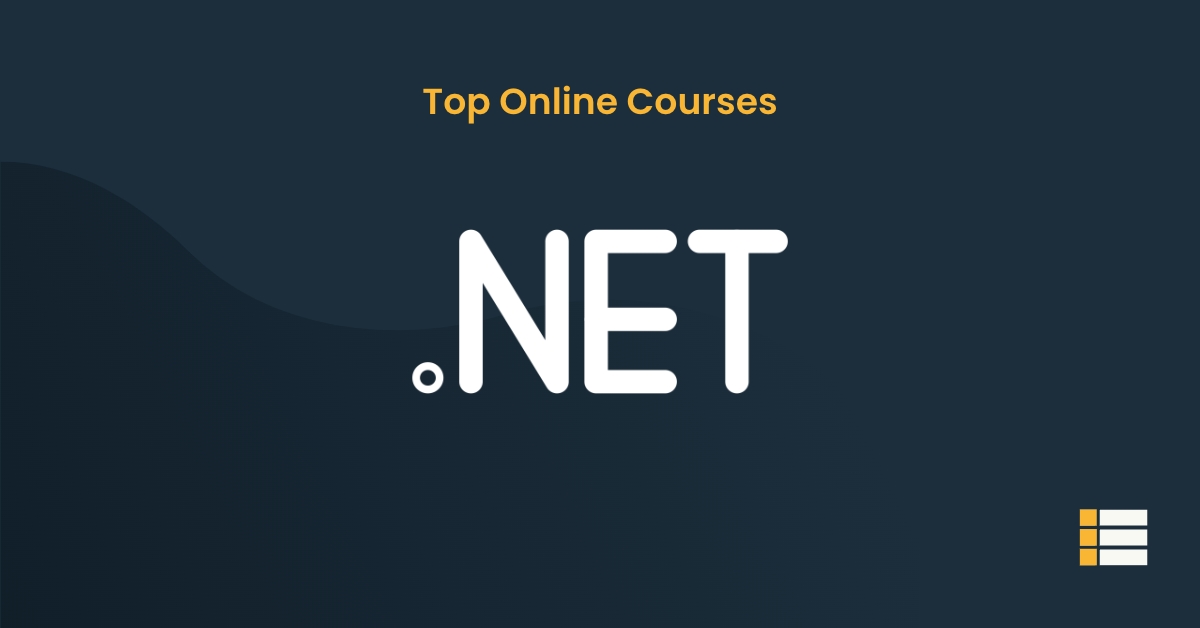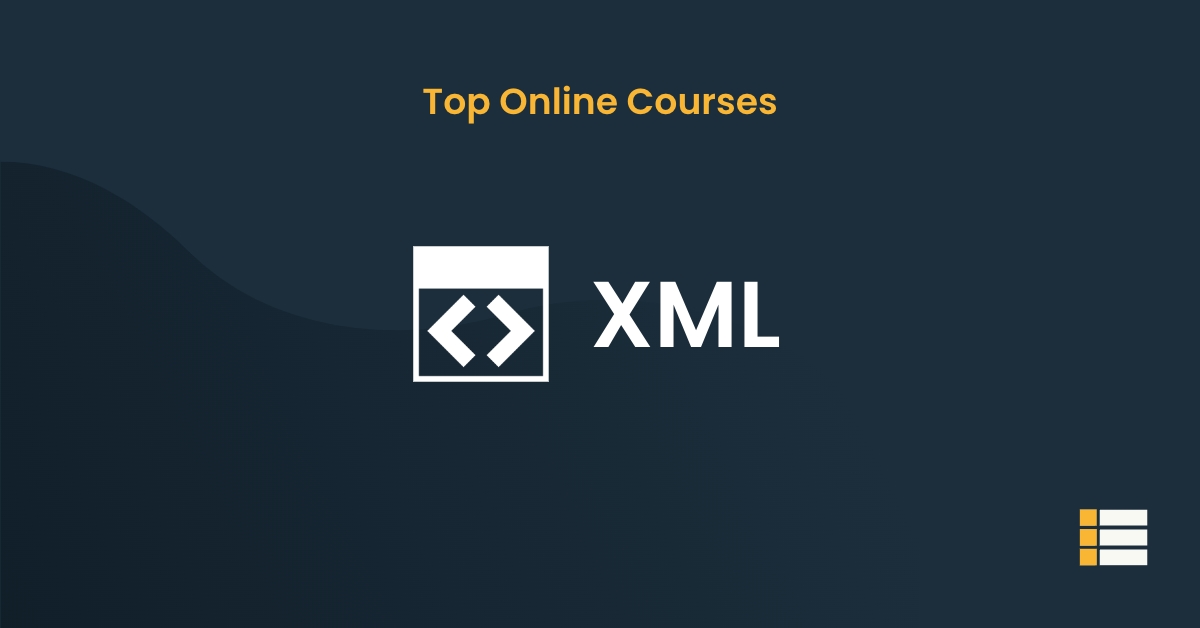Python is not only one of the most popular programming languages but also one of the easiest to learn, making it a great choice for beginners.
In this roundup, we’ll share some of the best Python courses online to help you get started.
Table of Contents
Learning Python Online: A Student’s Guide
Why learn Python?
Python is created by Guido van Rossum and first released in the year 1991.
It takes the form of a syntax similar to the English language which helps novice programmers to learn the basics of coding easily.
It is one of the most popular languages among beginners and has gained popularity in the field of artificial intelligence, big data, and scientific computing.
The following are some of the reasons why you should learn Python:
- It is easy to learn and use. Python is considered as one of the easiest programming languages to learn. Unlike other languages, it uses English keywords and clear, unambiguous syntax which makes it easy to understand and use. Moreover, it does not require you to memorize complex syntax rules.
- It is versatile and can be used in various fields. Python is a versatile language and can be used in various fields such as web development, scientific computing, artificial intelligence, big data, etc.
- Python has a vast range of libraries and frameworks. Python has a vast range of libraries and frameworks like Django which you can use for various purposes such as data analysis, machine learning, web development, etc. These libraries are constantly being updated with new features which makes Python an even more powerful language.
- It has a large and supportive community. Python has a large and supportive community which is always willing to help beginners. There are various online forums, mailing lists, and IRC channels where you can get help from experienced programmers.
- It is open source and free. Python is an open source language and is available free of charge. You can download it from the official Python website and use it without any restrictions.
Learning Python is definitely beneficial for anyone who wants to start their journey in the programming world. It is easy to learn and use, versatile, and has a large range of libraries.
What can you do with Python?
Python is a programming language with many features that allow for a wide range of applications. Some of the things that can be done with Python include:
- Developing desktop applications
- Creating web applications
- Developing scientific and numeric applications
- Creating gaming applications
- Building system administration tools
Each of these applications can be further divided into subcategories. For instance, web applications can include dynamic web sites, web APIs, or web services.
Gaming applications can include 2D or 3D games, or simulations. Python is a very versatile language, and new libraries and frameworks are constantly being developed to allow for even more possibilities.
If you can think of something you want to do, chances are there’s a way to do it with Python.
How to get started learning Python?
If you want to get started learning Python, we suggest following these steps:
- Choose your Python development environment.
- Familiarize yourself with the Python language syntax by working through the official Python tutorial.
- Try out some of the popular Python libraries, like NumPy and pandas, to get a feel for the types of tasks that Python is suited for.
- Read code written by other Python programmers to see how they solve problems.
- Participate in the Python community by asking and answering questions on online forums like the official forum or python-forum.io , contributing to open-source projects, or attending local meetups.
By following these steps, you’ll be well on your way to becoming a proficient Python programmer.
In person VS online courses to learn python
In-person learning has its advantages. You’re able to receive immediate feedback from an instructor and can ask questions in real-time.
You’re also likely to form bonds with your classmates, which can make the learning process more enjoyable.
On the other hand, online learning can be more flexible and affordable.
You can learn at your own pace and revisit concepts as many times as you need. You also have a wider selection of courses to choose from. So, which is the best option for you?
It really depends on your learning style and preferences. If you’re the type of person who needs face-to-face interaction, then an in-person course would be a better fit.
But if you’re more comfortable learning independently, then an online course might be a better option.
Frequently Asked Questions
Can I learn Python for free online?
Yes, there are many resources available online for learning Python for free. Some of the popular resources include the official Python website, LearnPython.org, and Codecademy's Python track. These resources can teach you the basics of Python programming and help you get started on your own projects.
Is 2 months enough to learn Python?
No, two months is not enough time to learn Python. Python is a versatile language that can be used for a variety of tasks, from web development to data science. It would take much longer than two months to become proficient in Python. However, if you are already familiar with another programming language, you may be able to learn Python in a shorter time frame.
Is it Python easy to learn?
Python is considered to be one of the easiest languages to learn. That being said, there is still a learning curve associated with any programming language. The syntax for Python is very clean and easy to understand. However, like any language, there is a lot to learn in order to be proficient. The best way to learn Python is by practicing. There are many resources available online and in print that can help you get started.
How long will it take to learn Python?
This is a difficult question to answer definitively because the amount of time required to learn Python depends on a variety of factors, such as your prior programming experience, your aptitude for learning new programming languages, and how much time you are willing to dedicate to learning Python. However, a reasonable estimate would be that it would take most people several weeks to a couple of months to learn Python.
Is Python hard to learn?
No, Python is not hard to learn. In fact, Python is considered to be one of the easiest programming languages to learn. Python is a very versatile language that can be used for a wide variety of applications.
What software do I need for Python?
In order to run Python code, you will need a Python interpreter. The interpreter is a program that reads Python code and executes it. There are many different Python interpreters that you can use, but the most common ones are CPython, Jython, and Pypy.
In addition to the interpreter, you will also need a text editor to write your Python code in. There are many different text editors available, but some of the more popular ones include Emacs, Vim, and Sublime Text.
Once you have a Python interpreter and a text editor, you are ready to start writing Python code!
Is python useful in finance?
Python is particularly useful in finance because of its ease of use and syntax, which makes it a great language for scripting and automating tasks.
Is python in demand?
Yes, Python is in demand. It is a versatile language that can be used for web development, data science, artificial intelligence, and more.
Will a python certification help you land a job?
There is no one-size-fits-all answer to this question, as the value of a Python certification depends on your particular skillset and experience. However, in general, a Python certification can be helpful in landing a job, as it demonstrates your proficiency in the language. Additionally, many employers value certifications as they can provide a standardized way to assess candidates.
Conclusion
Although there are many different ways to learn Python online, it is important to find a resource that is reputable and provides clear and concise instructions.
Python is a powerful programming language that can be used for a wide range of tasks, so it is important to choose a resource that will allow you to learn according to your level of expertise.
Ultimately, the best way to learn Python online is to find a resource that is interactive and engaging, so that you can stay motivated and continue to progress in your understanding of the language.
Resources
- Python Courses & Tutorials – Codecademy
- Python-course.eu
- edX – Python courses
- Freecodecamp – Python programming
- Introduction to Python Course – DataCamp
- Python for Everybody – Michigan Online
References
- Bradbury, Alex, and Ben Everard. Learning Python with Raspberry Pi. John Wiley & Sons, 2014.
- Hosseini, Roya, et al. “Improving engagement in program construction examples for learning Python programming.” International Journal of Artificial Intelligence in Education 30.2 (2020): 299-336.
- Gong, Lilin, Yang Liu, and Wei Zhao. “Dynamics of emotional states and their relationship with learning outcomes during learning Python with MOOC.” Proceedings of the 2019 7th International Conference on Information and Education Technology. 2019.
- Cabo, Candido. “Effectiveness of flowcharting as a scaffolding tool to learn python.” 2018 IEEE Frontiers in Education Conference (FIE). IEEE, 2018.

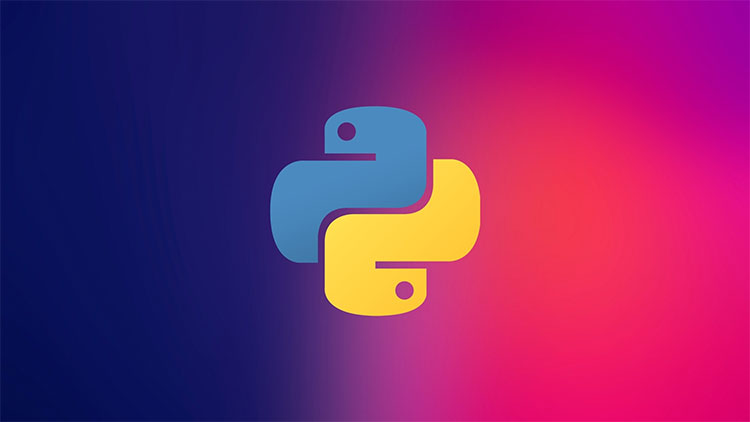
 Online course by
Mosh Hamedani
Online course by
Mosh Hamedani
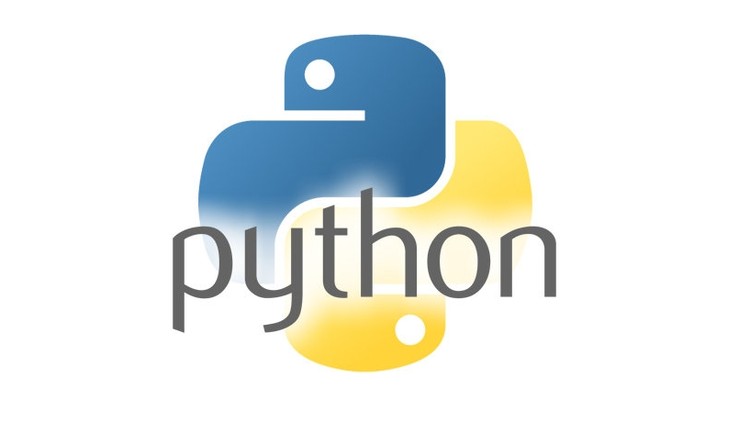
 Online course by
Dev Nirwal
Online course by
Dev Nirwal
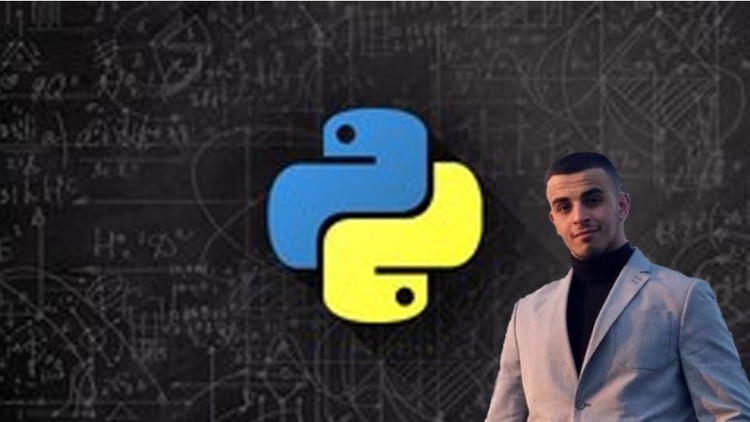
 Online course by
Yassin Marco
Online course by
Yassin Marco
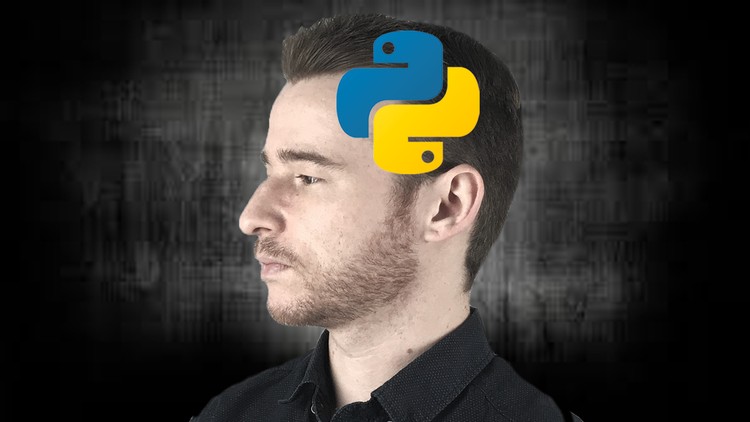
 Online course by
Ivan Lourenço Gomes
Online course by
Ivan Lourenço Gomes
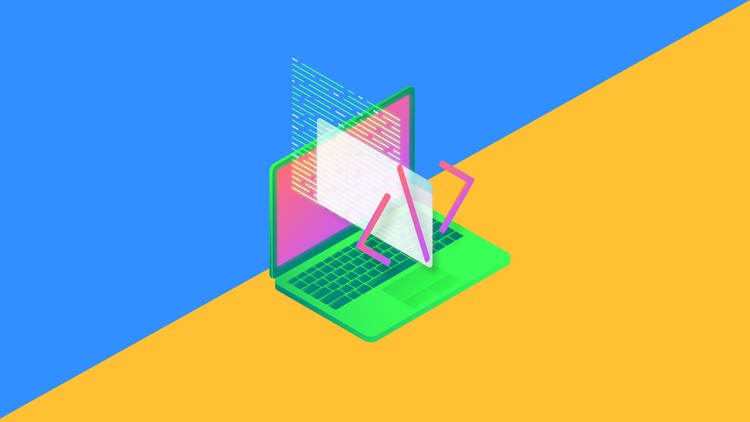
 Online course by
Joseph Delgadillo
Online course by
Joseph Delgadillo
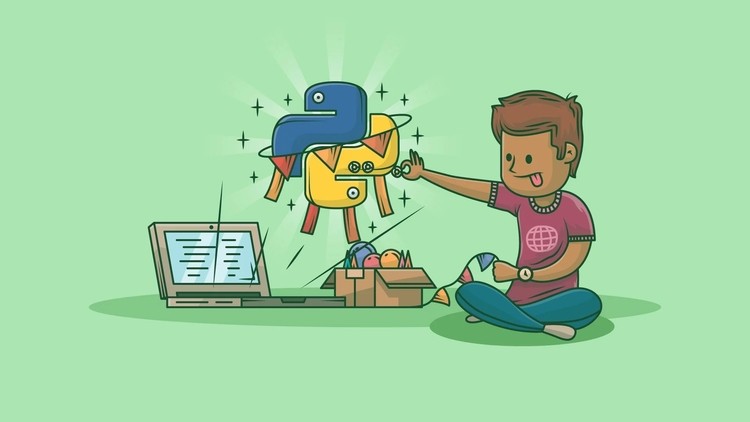
 Online course by
Horizon Tech
Online course by
Horizon Tech
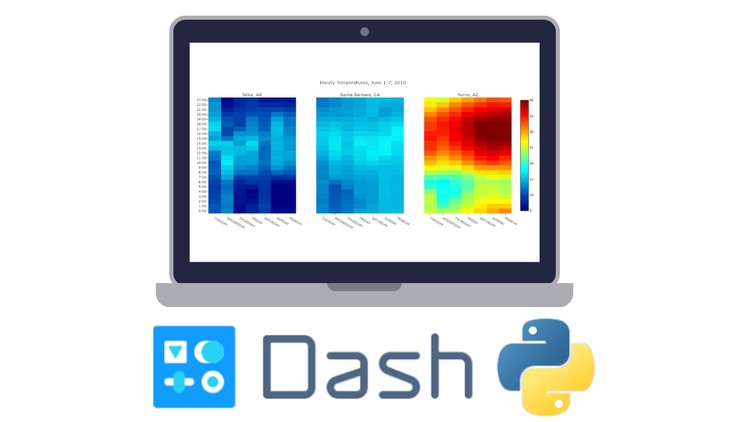
 Online course by
Jose Portilla
Online course by
Jose Portilla
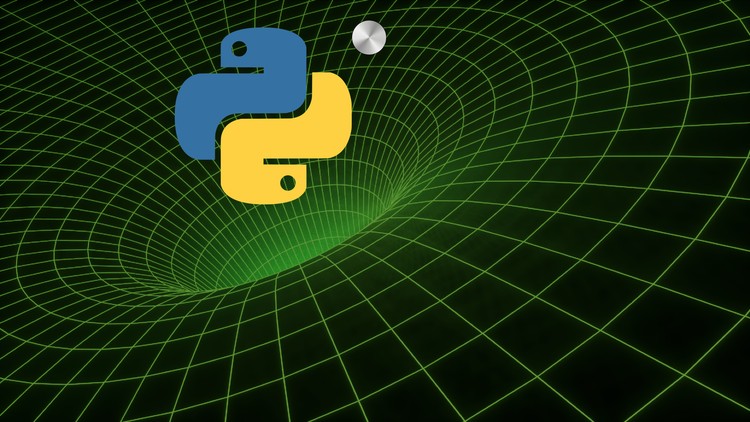
 Online course by
Fred Baptiste
Online course by
Fred Baptiste
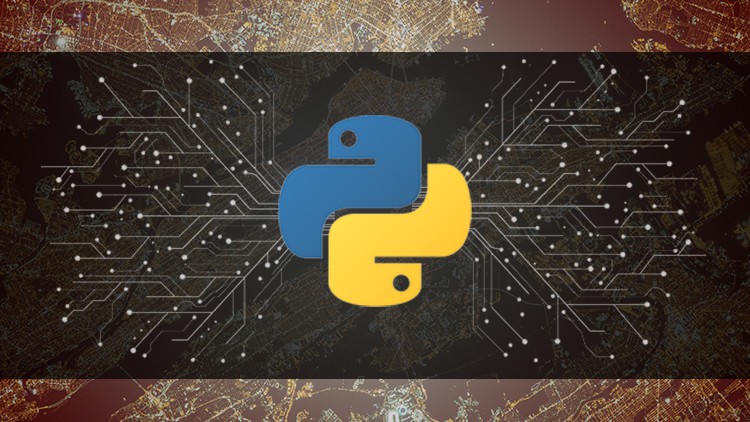
 Online course by
Justin Mitchel
Online course by
Justin Mitchel
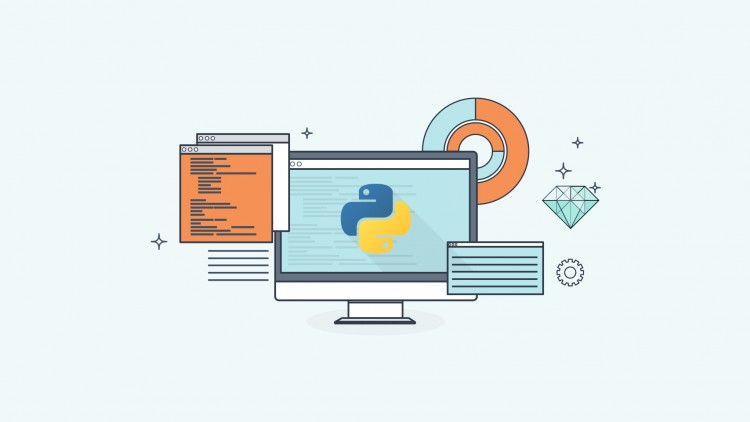
 Online course by
Avinash Jain
Online course by
Avinash Jain
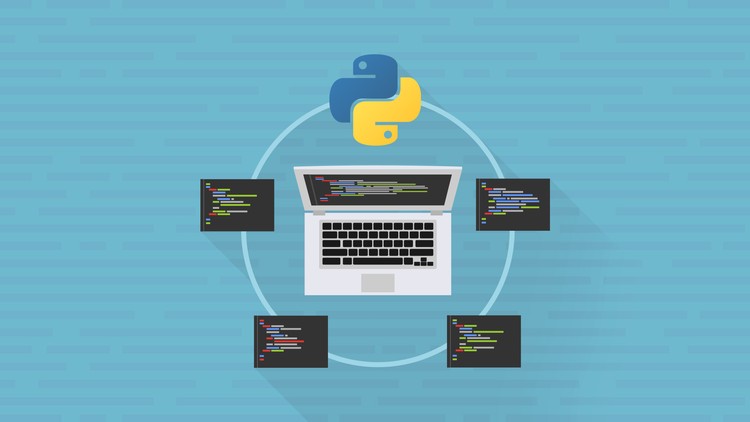
 Online course by
Gautam Devaraj
Online course by
Gautam Devaraj
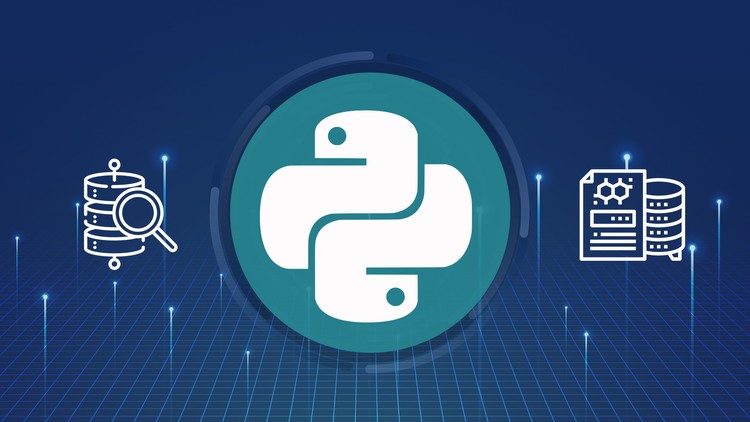
 Online course by
Ajay Tech
Online course by
Ajay Tech
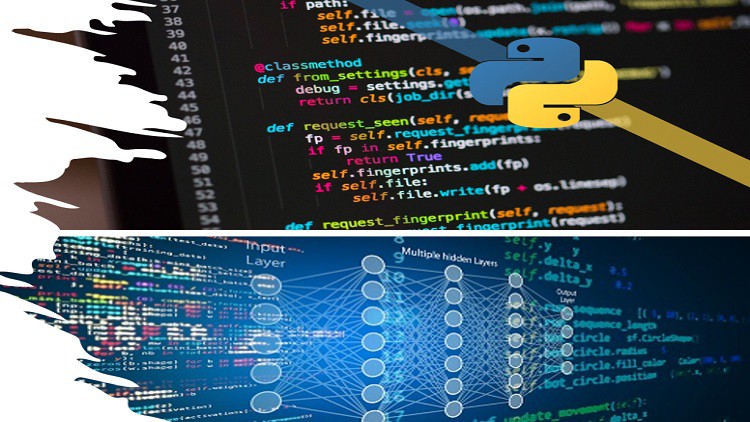
 Online course by
Sai Acuity Institute of Learning Pvt Ltd Enabling Learning Through Insight!
Online course by
Sai Acuity Institute of Learning Pvt Ltd Enabling Learning Through Insight!
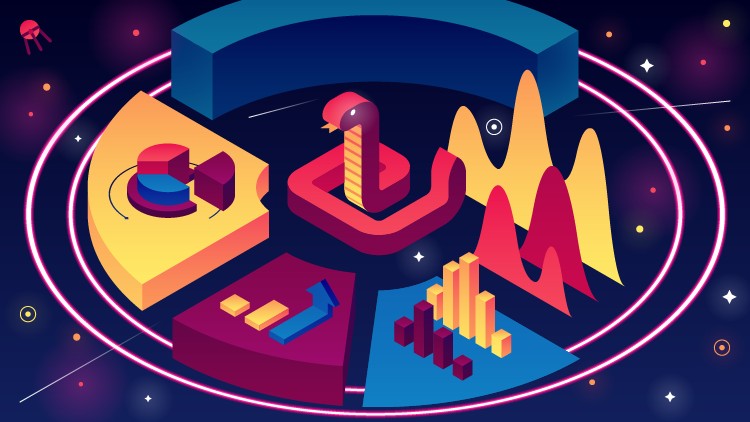
 Online course by
Samuel Hinton
Online course by
Samuel Hinton

